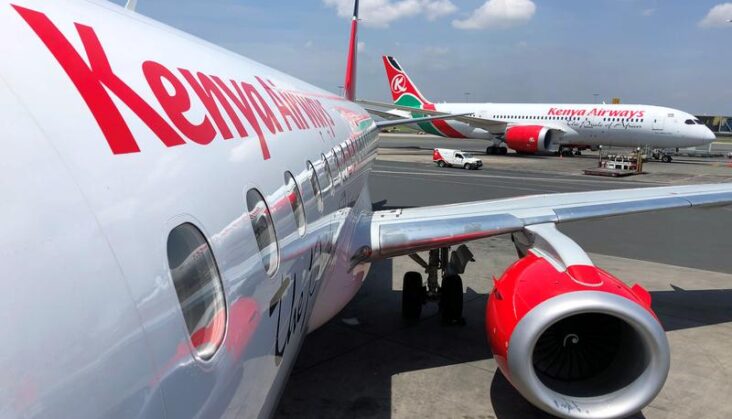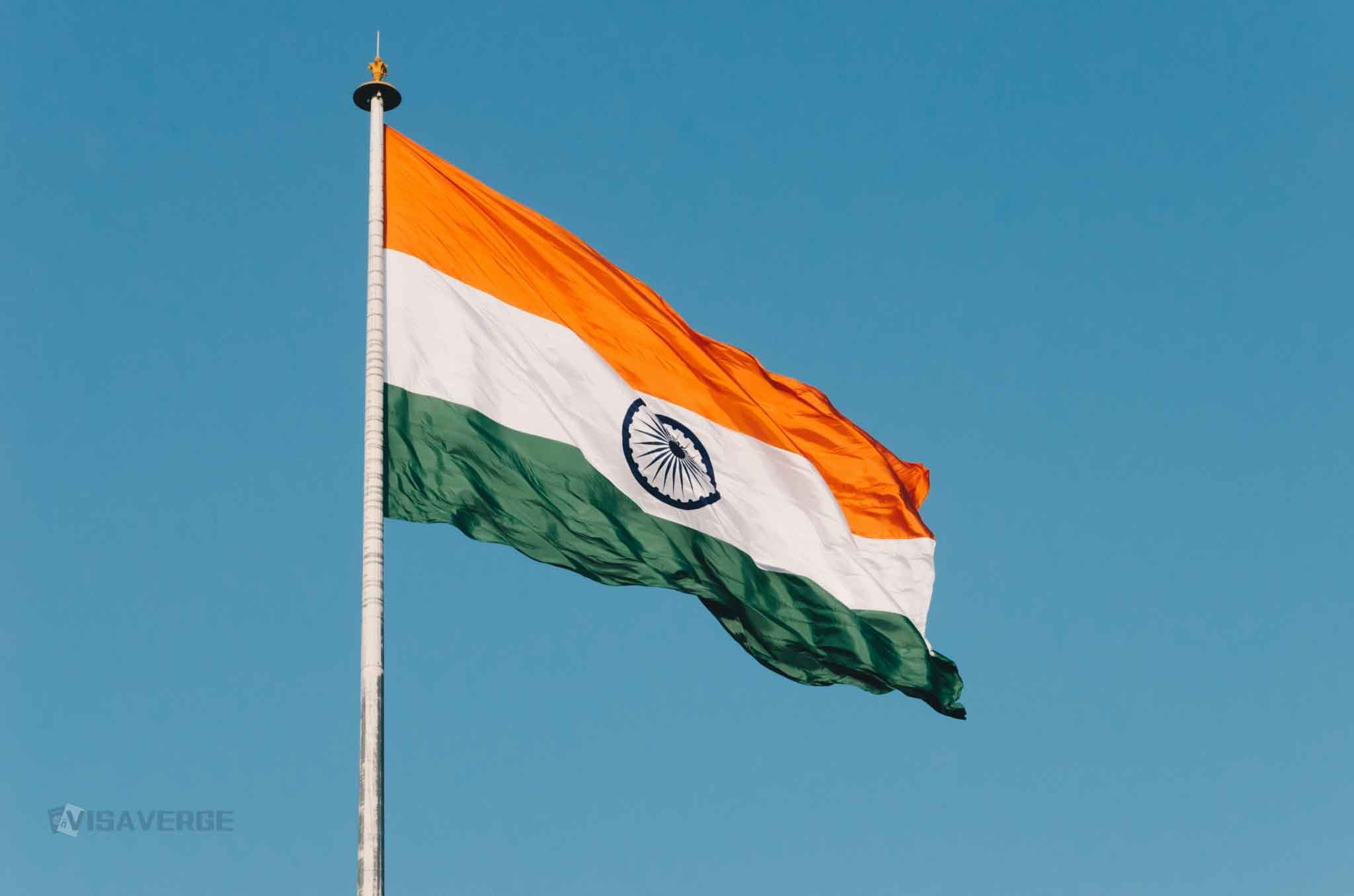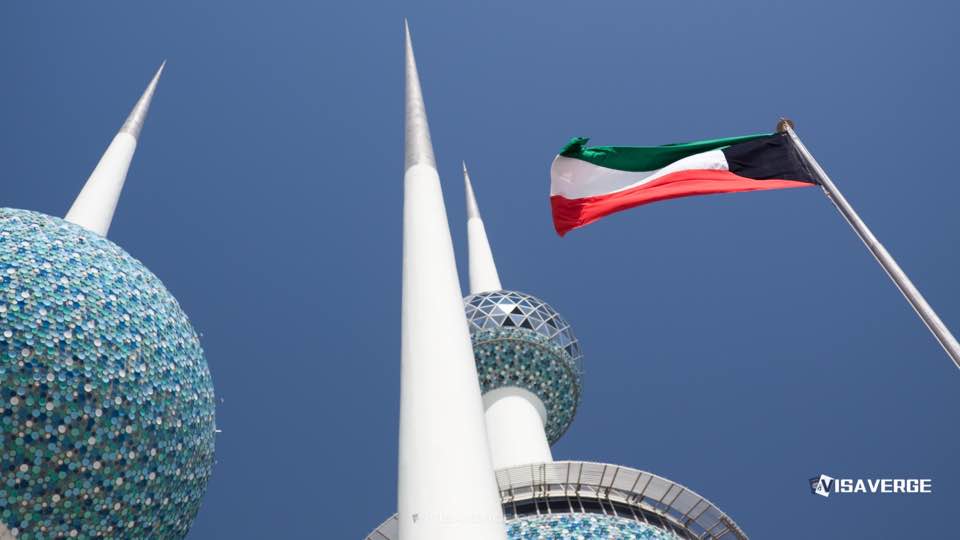Key Takeaways
• In May 2025, Kenyan and Ugandan activists were arrested, tortured, and deported in Tanzania while observing a political trial.
• Amnesty International and the US demand full investigations into human rights abuses against activists Agather Atuhaire and Boniface Mwangi.
• Tundu Lissu’s trial and Tanzania’s crackdown highlight growing repression of activists and opposition in the country.
Tanzania Faces Global Pressure Over Alleged Torture and Deportation of Kenyan and Ugandan Activists
Tanzania 🇹🇿 is under intense international scrutiny after reports surfaced that Kenyan and Ugandan human rights activists were arrested, tortured, and forcibly deported while attempting to observe a political trial in Dar es Salaam. The incident, which took place in May 2025, has drawn strong condemnation from human rights organizations and foreign governments, raising fresh concerns about Tanzania’s treatment of activists and its broader human rights record.

Who Was Involved and What Happened?
On May 18, 2025, Ugandan journalist and activist Agather Atuhaire and Kenyan activist Boniface Mwangi traveled to Tanzania as part of a group aiming to observe the trial of Tundu Lissu, a well-known Tanzanian opposition politician. The following day, both were arrested by Tanzanian immigration and police officers at the Serena Hotel in Dar es Salaam.
According to reports from the activists and their supporters, the two were:
– Taken to an unknown location
– Held incommunicado for four days (meaning they were not allowed to contact anyone)
– Allegedly beaten, tortured, and stripped naked by people believed to be members of the Tanzanian military
– Abandoned at their respective country borders after their ordeal
Mwangi was found on a roadside near the Kenyan border, while Atuhaire was left at the Uganda-Tanzania border at night. Upon returning to Nairobi, Mwangi described their treatment as “worse than dogs,” saying they were “chained, blindfolded and underwent a very gruesome torture.” Spire Ssentongo, co-founder of the Ugandan rights group Agora Discourse, confirmed that Atuhaire showed clear signs of torture when she was found.
Why Did This Happen?
The activists had come to Tanzania to observe the trial of Tundu Lissu, who faces serious charges including treason and violations of cybercrime laws. Their arrest appears to be part of a wider crackdown on political opposition and human rights defenders in Tanzania.
President Samia Suluhu Hassan responded to the activists’ arrest by calling for a crackdown on foreign human rights defenders entering Tanzania, labeling them as “foreign agents.” She urged security forces to prevent “ill-mannered individuals from other countries” from crossing into Tanzania.
Amnesty International criticized these remarks, warning that such statements give authorities an excuse to violate international human rights obligations.
International Outcry and Demands for Investigation
The alleged torture and deportation of the activists has sparked outrage from both international organizations and foreign governments.
Amnesty International issued a statement on May 23, 2025, demanding an immediate and thorough investigation. Tigere Chagutah, Amnesty International’s Regional Director for East and Southern Africa, said, “For four days, these two human rights defenders were subjected to unimaginable cruelty. Their ordeal highlights the dangers faced by human rights defenders in Tanzania and there must be accountability and justice.”
The United States 🇺🇸 also voiced deep concern. The Bureau of African Affairs posted on social media, “The United States is deeply concerned by reports of the mistreatment in Tanzania of [the] two East African activists.” The statement highlighted that Atuhaire had been recognized by the US State Department as an “International Women of Courage” awardee in the previous year. The US called for “an immediate and full investigation into the allegations of human rights abuses” and urged all countries in the region to hold those responsible for torture and other violations accountable.
Former Kenyan Chief Justice David Maraga, who attended Lissu’s court session without incident, expressed concern that civic and democratic spaces in East Africa are “shrinking.”
The Tundu Lissu Trial: A Flashpoint for Human Rights
The activists’ presence in Tanzania was directly linked to the trial of Tundu Lissu, a prominent opposition figure. Lissu faces:
– Treason charges (a capital offense in Tanzania, meaning it can carry the death penalty and is not eligible for bail)
– Two additional charges under Tanzania’s cybercrime laws for social media posts urging Tanzanians to boycott upcoming elections due to concerns about possible rigging
On April 24, 2025, Lissu refused to attend a hearing after the state changed it from an in-person to an online session at the last minute. That same day, Tanzanian police reportedly beat more than 50 of Lissu’s supporters who tried to access the court. Twenty-three supporters were allegedly arrested, beaten, and later dumped in a forest in Bagamoyo, north of Tanzania.
A Pattern of Human Rights Violations
The treatment of Atuhaire and Mwangi is not an isolated event. There is a growing pattern of human rights violations in Tanzania, especially against activists, journalists, and opposition supporters.
- On May 2, 2025, armed men claiming to be police officers beat and arrested political activist Mdude Nyagali at his home in Mbeya town, southern Tanzania. Eyewitnesses said the men did not show an arrest warrant or explain the reason for the arrest. Nyagali has been missing since, and the state denies holding him.
- Tanzania has passed and enforced laws that restrict free speech online and allow for surveillance, such as the Cybercrimes Act, the Criminal Procedure Act, and the Electronic and Postal Communication Act. These laws have been used to arrest and convict people for social media posts critical of the government.
- On July 4, 2024, Shadrack Chaula was convicted of cybercrimes and sentenced to two years in prison or a fine of five million Tanzania shillings (about US$1,800) for posting a TikTok video in which he allegedly burned a photo of President Hassan and insulted her.
- The government has also forcibly displaced Indigenous Maasai herders from the Ngorongoro Conservation Area to Handeni district, about 600 kilometers away, with little or no consultation.
These incidents show a worrying trend of shrinking space for free expression, peaceful assembly, and political opposition in Tanzania.
Legal and Immigration Implications
The arrest, torture, and deportation of foreign activists raise serious questions about Tanzania’s immigration practices and respect for international law. Under international human rights agreements, including the United Nations Convention Against Torture, Tanzania is required to protect all individuals within its borders from torture and ill-treatment, regardless of their nationality.
Forcible deportation—removing someone from a country against their will, especially after subjecting them to abuse—violates both Tanzanian law and international standards. Deportation should follow due process, including the right to legal representation and the ability to challenge removal in court. In this case, the activists were reportedly held incommunicado, denied access to legal help, and expelled without any formal process.
According to analysis from VisaVerge.com, such actions can have serious consequences for Tanzania’s international reputation and may affect its relationships with neighboring countries and global partners. Countries that violate human rights and deport foreign nationals without due process risk sanctions, loss of aid, and damage to their standing in the international community.
How Are Stakeholders Affected?
Activists and Human Rights Defenders
- Increased risk: The incident sends a chilling message to activists, journalists, and human rights defenders in Tanzania and the region. It signals that speaking out or even observing court proceedings can lead to arrest, torture, and deportation.
- Reduced ability to monitor trials: International observers play a key role in ensuring fair trials and accountability. If they are targeted, it becomes harder to monitor and report on abuses.
Tanzanian Government
- International criticism: The government faces mounting pressure to investigate the incident and improve its human rights record.
- Potential sanctions: Continued abuses could lead to sanctions or loss of international aid.
Neighboring Countries (Kenya 🇰🇪 and Uganda 🇺🇬)
- Diplomatic tensions: The mistreatment and deportation of their citizens could strain relations with Tanzania.
- Pressure to protect citizens: Governments may need to take steps to protect their nationals traveling to Tanzania or engaging in activism.
The General Public
- Fear and self-censorship: Ordinary Tanzanians may become more afraid to speak out or participate in protests, fearing similar treatment.
- Reduced access to information: Attacks on journalists and activists make it harder for the public to get accurate information about what is happening in their country.
What Are Human Rights Groups Demanding?
Amnesty International and other organizations have called on Tanzanian authorities to:
– Respect the rights to freedom of expression and peaceful assembly
– End repression against human rights defenders and non-governmental organizations
– Publicly recognize the important role of civil society, human rights defenders, and independent media in protecting rights and ensuring accountability
They are also urging the government to conduct a thorough, independent investigation into the alleged torture and deportation of Atuhaire and Mwangi, and to hold those responsible accountable.
Recent Positive Developments
Despite these serious concerns, there have been some positive steps in Tanzania’s human rights record. In February 2025, the African Court on Human and Peoples’ Rights ruled in favor of Persons with Albinism (PWAs), ordering Tanzania to:
– Set up a compensation fund for victims of violence and discrimination
– Change laws to make violence against PWAs a more serious crime
– Run nationwide awareness campaigns to fight myths and superstitions about albinism
This ruling shows that progress is possible when there is strong legal action and international oversight.
What Happens Next?
The situation is still developing. International organizations and foreign governments continue to call for a full investigation into the alleged torture and deportation of the Kenyan and Ugandan activists. There is growing pressure on Tanzania to respect its human rights obligations and to ensure that activists, journalists, and opposition supporters can work without fear of violence or deportation.
For those interested in the official position or seeking more information about Tanzania’s immigration laws and procedures, the Tanzania Immigration Services Department provides authoritative resources and updates.
Practical Guidance for Activists, Journalists, and Travelers
If you are planning to travel to Tanzania for activism, journalism, or to observe political events, consider the following steps:
– Register with your embassy or consulate before traveling
– Stay in regular contact with colleagues and family
– Know your rights under Tanzanian law and international agreements
– Have legal contacts ready in case of arrest or detention
– Avoid traveling alone to sensitive events or locations
– Document your activities and any incidents as safely as possible
If you are detained or deported, try to:
– Request access to your embassy or consulate
– Ask for legal representation
– Document any mistreatment as soon as you are able
Conclusion: The Need for Accountability and Reform
The alleged torture and deportation of Kenyan and Ugandan activists in Tanzania highlights serious problems with the country’s treatment of human rights defenders and its respect for international law. While there have been some positive developments, such as the African Court’s ruling on the rights of Persons with Albinism, the overall trend is worrying.
International pressure is mounting, and Tanzania’s government faces a clear choice: investigate the incident, hold those responsible accountable, and protect the rights of all people within its borders—or risk further isolation and criticism from the global community.
For anyone concerned about these issues, staying informed and supporting organizations that defend human rights is more important than ever. As reported by VisaVerge.com, the world will be watching to see how Tanzania responds to these serious allegations and whether it will take meaningful steps to protect the rights of activists, journalists, and all its people.
Learn Today
Deportation → Forcible removal of a person from a country, often violating due legal process and human rights.
Incommunicado → Held without the ability to communicate with the outside world, including legal or family contacts.
Treason → A serious crime against the state, punishable by death in Tanzania, involving disloyal acts.
Cybercrime Laws → Legal statutes regulating online behavior, often used in Tanzania to prosecute political dissent.
Human Rights Defenders → Individuals or groups actively promoting and protecting human rights and fundamental freedoms.
This Article in a Nutshell
Tanzania faces global condemnation after Kenyan and Ugandan activists were tortured and deported in May 2025 while observing a political trial. This incident exposes increasing repression of human rights defenders and demands urgent investigations amid international pressure and calls for accountability.
— By VisaVerge.com













